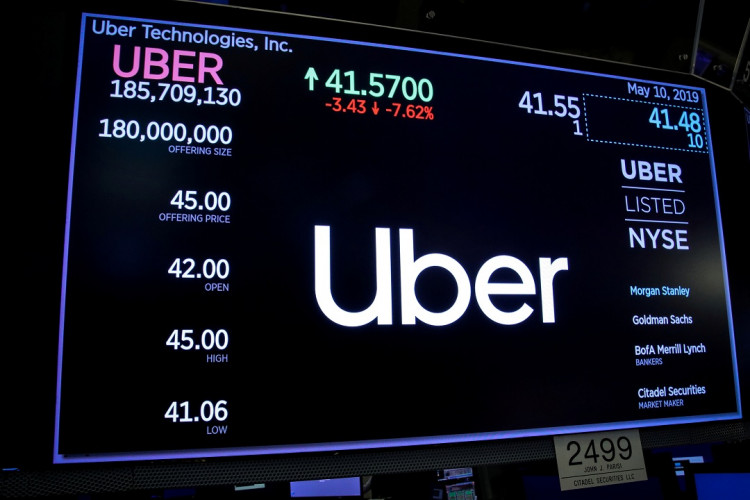As part of its efforts to cut operating costs and to change its current structure, ride-hailing firm Uber is laying off one-third of its global marketing staff. The company, which just recently went public this year, confirmed on Monday that it would be removing 400 out of the 1,200 staff from its marketing unit.
The ride-hailing giant reportedly sent out an email to employees, informing them of the company's planned layoffs. Uber's CEO Dara Khosrowshahi explained in the email that the move was not due to the lack of importance of the marketing team but was instead because it was necessary to create a more unified team.
The executive further elaborated that the scaling down of the marketing team was to make it more powerful and dynamic to achieve the company's global vision.
Khosrowshahi pointed out in the email that the company was growing very rapidly, but it has slowed down as a business. The layoffs are the latest shakedown within the company, which had been facing issues within its ranks. In early June, two of the company's top executives left the company, including its chief marketing officer Rebecca Messina. Messina was replaced by Jill Hazelbaker, who had been with the company since 2015.
In a separate statement, Uber announced that it would be establishing a new marking team structure. The changes will apparently take effect immediately, with various positions being reshuffled to fit the new structure. Khosrowshahi pointed out in the email to employees that the teams were simply too big and there was a lot of overlapping work. Apart from costing the company money, the size of the teams simply made decision making difficult, affecting the teams' overall performance.
The move was initiated as the company faces added pressure from shareholders to fix its current business model following the poor performance of its initial public offering (IPO) in May.
Despite the hype over the company's public debut, share prices did not reach expected prices. The IPO was deemed as a failure by Wall Street as it did not manage to surge passed its initial pricing.
The company faced further criticism following its first-quarter earnings report as a public company. In the first months of this year, the company reported losses of more than $1.01 billion.
The company did, however, manage to grow its revenues from its ridesharing business by 9 percent when compared to the same period last year. The company is expected to release its second-quarter earnings sometime next week.






